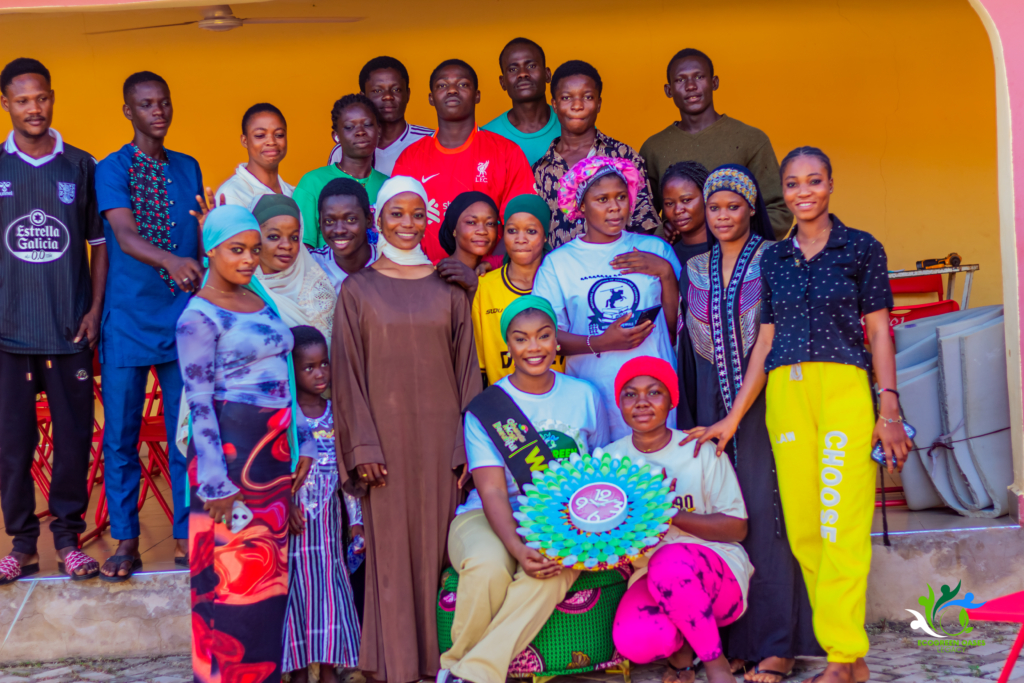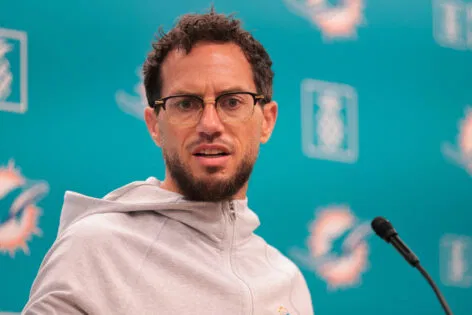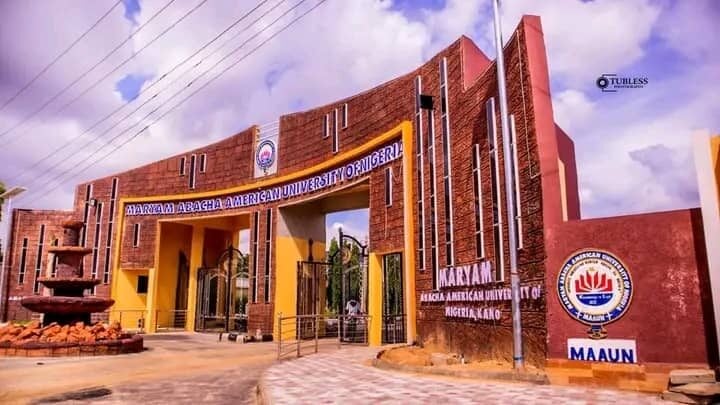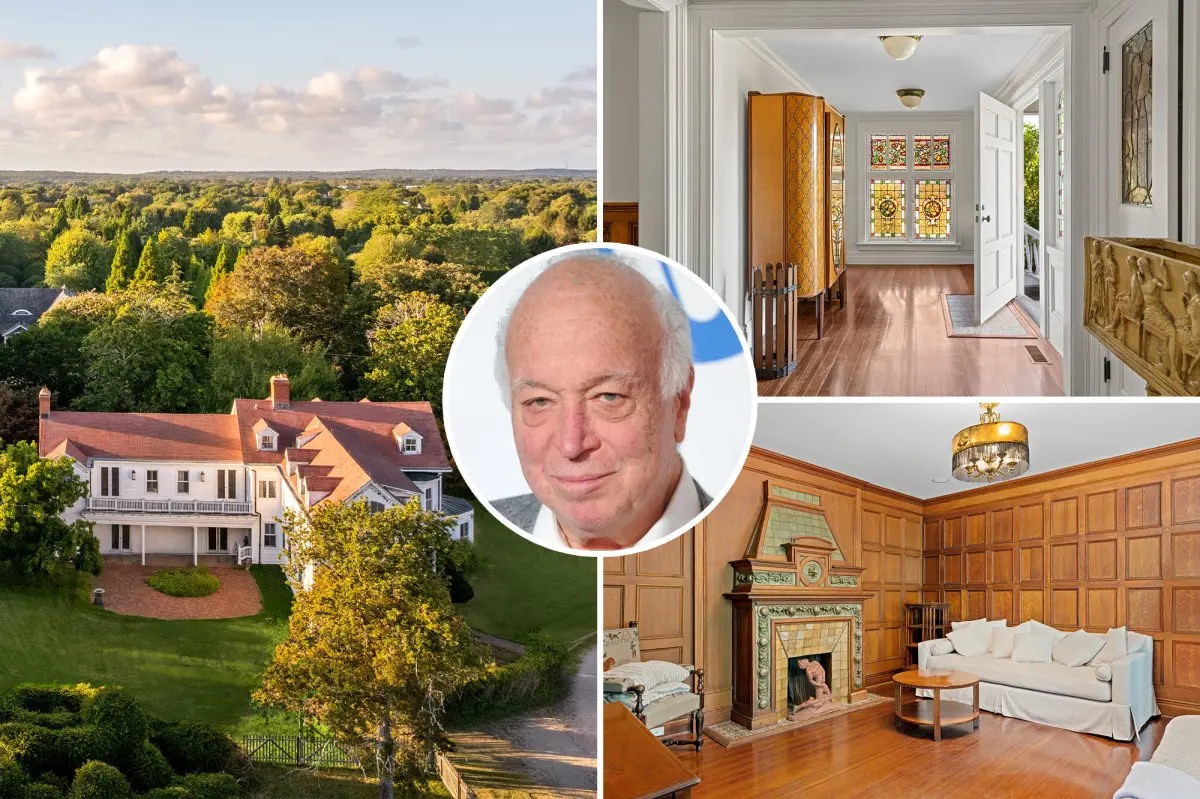Copyright dailymail
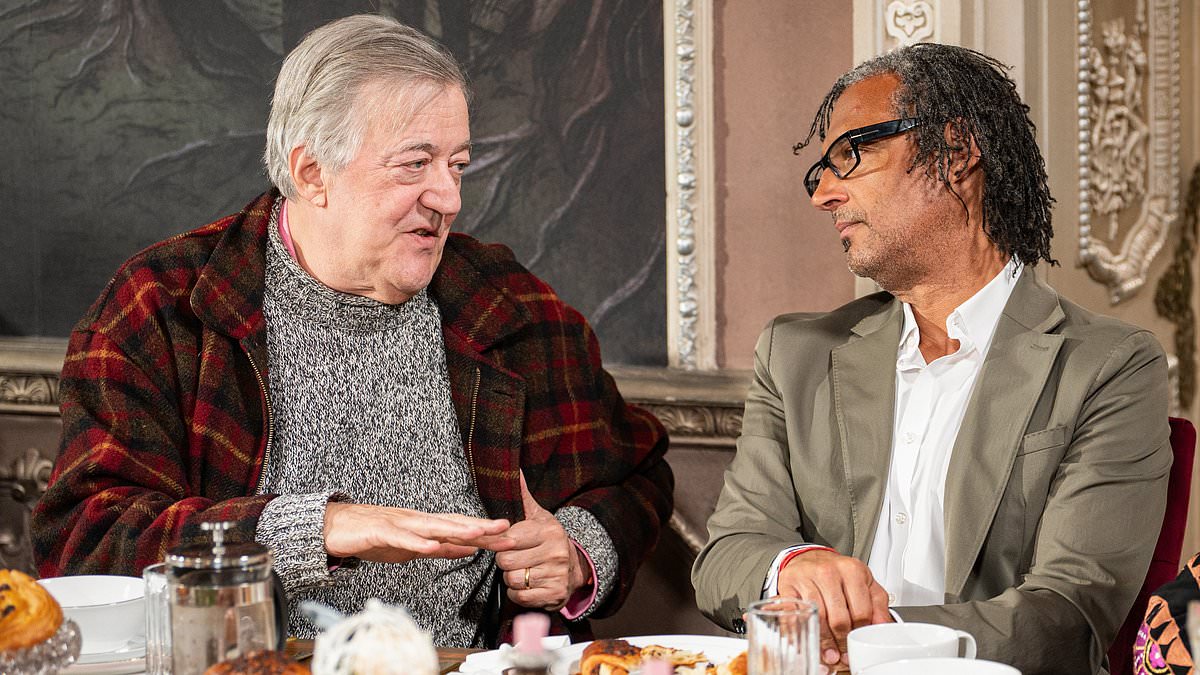
After Sir Stephen Fry exited Celebrity Traitors this week, he spoke warmly about having 'wonderful conversations' with fellow competitor David Olusoga. But the contestants allegedly became embroiled in a secret behind-the-scenes feud while filming the show during intense discussions over who was a traitor. While the scenes did not appear on the BBC show, the Daily Mail can also reveal the duo have very differing views and relationships when it comes to the Royal Family. Fry is a longstanding friend of the King and Prince William, attending Charles's Coronation and often praising the importance of the Royal Family to UK culture. But Olusoga infamously raised concerns about the monarchy's future on the day of the Coronation and even appeared on Prince Harry and Meghan's Netflix show. A TV source said one conversation between Fry and Olusoga on Traitors ended in a full-blown argument, leaving fellow contestants in shock – and while this did not form part of the broadcast, they both voted for each other to leave the show on Thursday. Insiders said it was 'surprising' to see Fry, 68, so impassioned during their debate, although it showed how invested both he and Olusoga, 55, were in filming the show. One told the Mail: 'Stephen and David had a big argument, as they both accused each other of being a Traitor. They were so invested in the game, and it really showed during their debates. For some members of the cast, it was surprising to see the pair disagree, and it quickly became a talking point behind the scenes.' The source said the rows would not be shown on the final cut because 'producers felt they didn't follow the narrative', adding: 'There were lots of subplots and conversations that haven't aired. 'The irony is, neither Stephen nor David were Traitors, so they fell out for no reason, but that's just part of the hilarity of the game.' But a Traitors spokesperson told the Mail: 'To claim there was any tension between Stephen Fry and David Olusoga outside of the game is simply untrue.' Charles and Fry's public association goes back to at least 1998 when the then-Prince of Wales joined him on stage at the Lyceum Theatre in London's West End for a surprise acting role in a restaurant sketch at his own 50th birthday celebration. Fry later spoke to Michael Parkinson in 2005 about how they became friends, saying Charles invited himself over to Fry's house one Christmas with a surprise phone call. The actor said they had already met a few times in post-show lineups, and once discussed Charles visiting him at his home in Norfolk, near the royal residence in Sandringham. Fry told how he then answered the phone during a house party in the 1980s, saying: 'I picked it up, "hello it's the Prince of Wales here". I did what anybody would do. I said "sod off, Rory". [Charles said] "No, no, truly!". He said "it'd be nice to come to tea tomorrow" and I said "gosh, terrific".' Speaking about Charles, Fry said: 'He's a very easy man to get on with. I have to say you know of course it looks greasy to be on easy terms with someone who may be King one day. 'But all I can say in my defence is that I like him and that I've met other members of the family whom I don't dislike profoundly, but I do think he is he is a remarkable man.' Fry was honoured at Windsor Castle in March with a knighthood from the King in recognition of services to mental health awareness, the environment and charity. He said afterwards: 'Some people are glamourised by these things but if it gives me an extra ability to pound a table and suggest some law changes or things like that, then that is a marvellous advantage, no question. Maybe in that case they should make me a duke, that would be even more impressive.' Fry also praised the King in February last year for revealing his cancer diagnosis to the public, but said he was 'anxious' for him. The actor, who had prostate cancer in 2018, said Charles's 'very swift modernising' of the monarchy now includes 'an openness about something as personal and indelicate as a cancer'. Fry has also known William for years, and the heir to the throne said earlier this month that he and his family were 'very much looking forward' to watching Celebrity Traitors which would be a 'big treat' for them. William was speaking during an investiture ceremony to TV executive Stephen Lambert, the founder and chief executive of Studio Lambert – the production company behind The Traitors. In March 2023, Fry was photographed accompanying William and his son Prince George at an Ashes test match in a box at Lord's cricket ground in London. The actor and then-president of the Marylebone Cricket Club was spotted having an animated conversation with William and shook hands with George. Two months later Fry praised the King's 'magnificent' Coronation, where he was among more than 2,000 guests at the Westminster Abbey service in May 2023. He added: 'It was very moving and the King looked vulnerable, which all monarchs do when they're being crowned, they're being encumbered with all these symbols and all this heavy cloak and this sceptre, the orb, the heavy crown, which means he can barely move. 'And in a strange way, I'm sure not deliberately originally, but it's kind of symbolic of the encumbrances in life that you have if you're a monarch, so it's a very touching ceremony. 'He's quite lonely somehow – as the Queen was if you watch the 1953 coronation – but I feel very lucky to have been there.' The previous September, Fry had praised the 'ritual, ceremony and symbol' of Queen Elizabeth II's funeral, which he tuned into from a hotel room in New York from 3am local time. He tweeted at the time: 'Words can't compete with such ritual, ceremony and symbol. Think how many jigsaw puzzles will come from this.' In June 2022, Fry also took part in the Queen's Platinum Party at the Palace and joked about how many prime ministers she has 'tolerated' during her seven-decade reign. Fry asked the crowd lining The Mall: 'How many local sewage works has Her Majesty opened with a bright smile? How many plaques unveiled? How many trees planted? 'How many ribbons cut, ships launched? How many prime ministers tolerated, for that alone no admiration is high enough.' During the pandemic, Fry joined forces with William in a Blackadder sketch on the BBC's The Big Night In – an evening of entertainment in April 2020 in aid of Comic Relief and Children in Need. Fry was in character as Lord Melchett, and chatted with William over a video call ahead of the clap for carers. When asked about home schooling, William said 'it's a bit of a nightmare, really', and he later asked: 'Have you seen anything good on TV – it's hell without EastEnders.' When Melchett warned him the time for the applause was not far off, William said: 'On my way, let me just see if I can just find my socks, and my shoes,' and looking down he added: 'And my trousers.' A few moments after the sketch ended, a door opened and out came William, Kate and their three children. Celebrity Traitors, presented by Claudia Winkleman, sees 19 contestants try to detect the traitors in the group while completing a series of challenges to win funds to contribute towards the prize pot. If, at the end of the series, a traitor is left among the finalists, the faithfuls – those who are not traitors – lose out on the money and the traitor wins the full prize. Standing up to leave on Thursday night's episode, Fry said: 'I've had the best fun for years. Honestly, what an extraordinary bunch of people, all of you, and I have the banished and dead ones who aren't here for me to thank for giving me such an extraordinary, wonderful few days. 'To be part of such a group is a privilege, honour and a deep delight and pleasure, thank you and no hard feelings I promise. I am of course, as I have told you all, a faithful.' Sir Stephen said after his departure from the show that 'he knew' Olusoga before filming despite having no 'profound relationship', but 'time in the game has given us that'. They would have had much to discuss on the monarchy and the history of the British Empire considering Olusoga has been outspoken on the subject in recent years. The Bafta-winning filmmaker and historian provided commentary on the Royal Family's relationship to the British Empire for the Duke and Duchess of Sussex's Netflix documentary in December 2022. The third episode of the series began with a look at the history of race in Britain, focusing on the brutality of empire and slavery and the modern legacy of colonialism. 'Who dreamed that Britain would have a black princess?' Olusoga said, adding that it was 'the conclusion to a history that was so improbable as to be astonishing.' He also said: 'This fairytale is embedding itself in a nation that is having a pretty toxic debate about the European Union.' This was followed by images of Nigel Farage, with Olusoga saying: 'Immigration in this country is very often a cypher for race.' The Reform UK leader later hit back at the show and the inclusion of references to Brexit, saying: 'What they're really saying, is that 52 per cent of Prince Harry's country of birth are bad, racist people.' Olusoga added on the programme that the collective memory of slavery and empire brutality has been 'airbrushed out of Britain's story'. Following his appearance, Olusoga wrote in the Guardian: 'Back in 2017, when news of her relationship with Harry became public, Meghan and her backstory represented an extraordinary opportunity for the Royal Family. 'An interracial couple within the palace was presented by some – even some within the tabloids – as the apotheosis of a modernising process, not just for that institution but for Britain as a whole. 'The narrative was that Britain, and even her most conservative institutions, could elegantly embrace the diversity of the 21st century while maintaining its traditions. 'Ultimately the story of Meghan and Harry became instead an example of conditional Britishness. Calling out the racist aspects of Meghan's treatment was an unforgivable sin.' Olusoga, who was made an OBE in 2019, then appeared on BBC television on the day of the Coronation in May 2023, and expressed his concerns about the future of the monarchy. He said: 'Now a new reign formally begins, lots of questions about the monarchy and his role are up for discussion as they always are and always have been. 'I think it's more difficult with a 1,000-year-old ceremony to reflect the fact that we are one of the most secular nations in the world. There's only so much you can modernise a 1,000-year-old ceremony without it stopping being that ceremony. 'To an extent you can't modernise the monarchy because it is a monarchy. That hereditary principle is one that many people will never be comfortable with but the majority of our fellow citizens in 2023 are comfortable with this being the way we choose a head of state. They revel in the ceremonies and the tradition.' 'I'd like to think that he'll find ways of modernising the Royal Family but I do think it's a challenge. We've had a year with three prime ministers. We've not made the best case for an alternative over the past few months. We have to wish him well and hope that there are ways of modernising and that he's capable of finding them.' Later that year in June, Olusoga was in the line-up for a festival organised by Camilla's literary charity the Queen's Reading Room at Hampton Court Palace. Following Queen Elizabeth II's death in September 2022, Olusoga wrote in the Guardian about the challenges posed to the monarchy of a 'mass awakening to the realities and legacies of imperialism and slavery' across the Commonwealth. He described William and Kate's tour of the Caribbean earlier that year as 'catastrophic' after it 'starkly revealed the great gulf that exists between the monarchy and many of the people of that Commonwealth'. In the same piece, he praised Meghan as a 'woman whose presence and voice had the potential make the monarchy feel more fit for the 21st century and enable it to look more like modern Britain and the modern Commonwealth'. He also wrote about how Elizabeth I, Charles II and James II were 'directly involved in the trade in enslaved Africans' and George III and William IV 'defended the system'. Writing again in the Guardian in March 2021 after Harry and Meghan's bombshell Oprah Winfrey interview, Olusoga said: 'When racism is acknowledged in Britain, it is portrayed not as a structural, social problem, but as a minor, if regrettable, fact of life – one that black people have to tolerate and learn to live with. 'Appeals for help or support are often mischaracterised as requests for special treatment. 'That attitude, or something close to it, appears to have prevailed within the institution that royal correspondents respectfully call 'the palace' and what Meghan and others call 'the firm'.' He added that accusations of racism made in the interview were 'in no doubt this is the most serious crisis 'the firm' has faced since the death of Princess Diana – according to some, since the abdication of Edward VIII in 1936'. Olusoga is a professor of public history at the University of Manchester and has worked to highlight black British history and increase public discussion around slavery. He supported four people who were cleared of criminal damage after pulling down the statue of slave trader Edward Colston during a Black Lives Matter protest in Bristol in June 2020, describing it as a 'milestone' in Britain coming to terms with its history. Slave-owning in British colonies was abolished in 1834. The British Government raised £20million through bonds to compensate slave owners for their loss, and Olusoga said the fact that members of the Windrush generation would have contributed to clearing this debt was still a matter of deep hurt to the community. In June 2020, around the time that the BLM protests began after the death of George Floyd in Minneapolis, Olusoga said racism was 'deeply hard-wired into our culture' and Britain still had to work to tackle the 'core' of the issue. The Mail has contacted representatives for Fry and Olusoga for comment.
